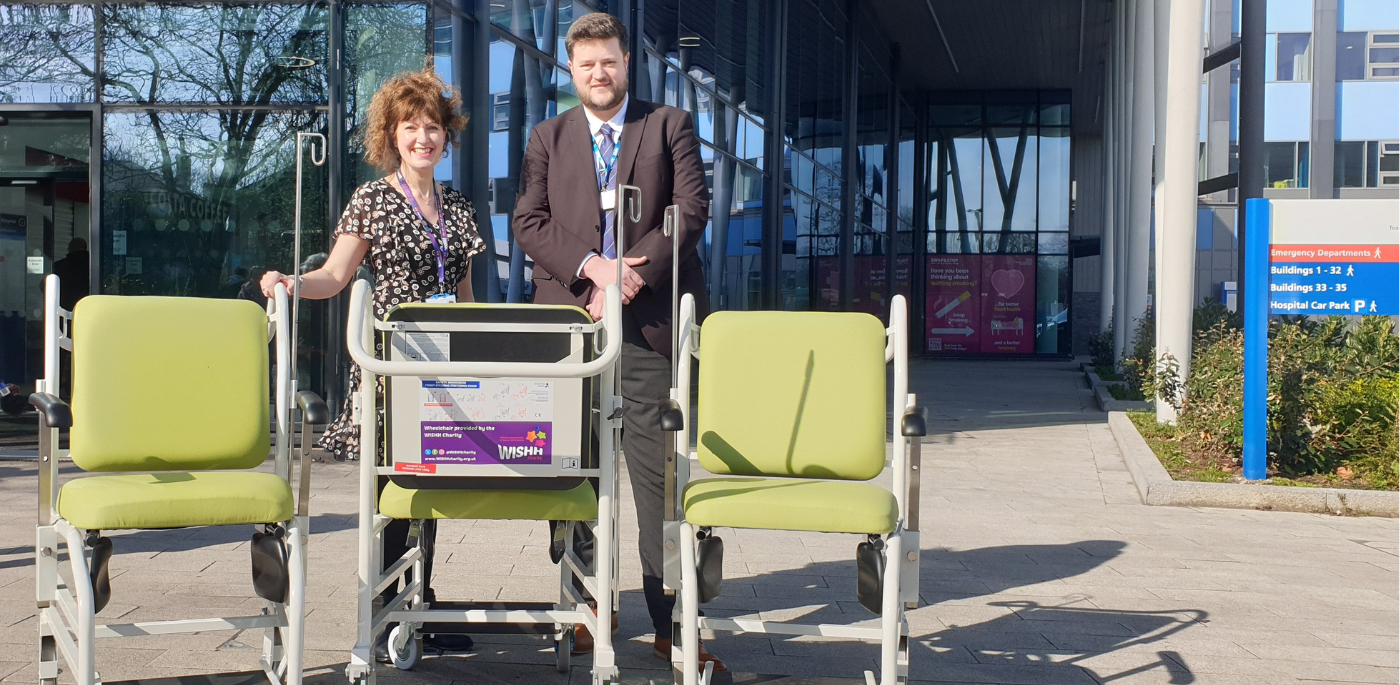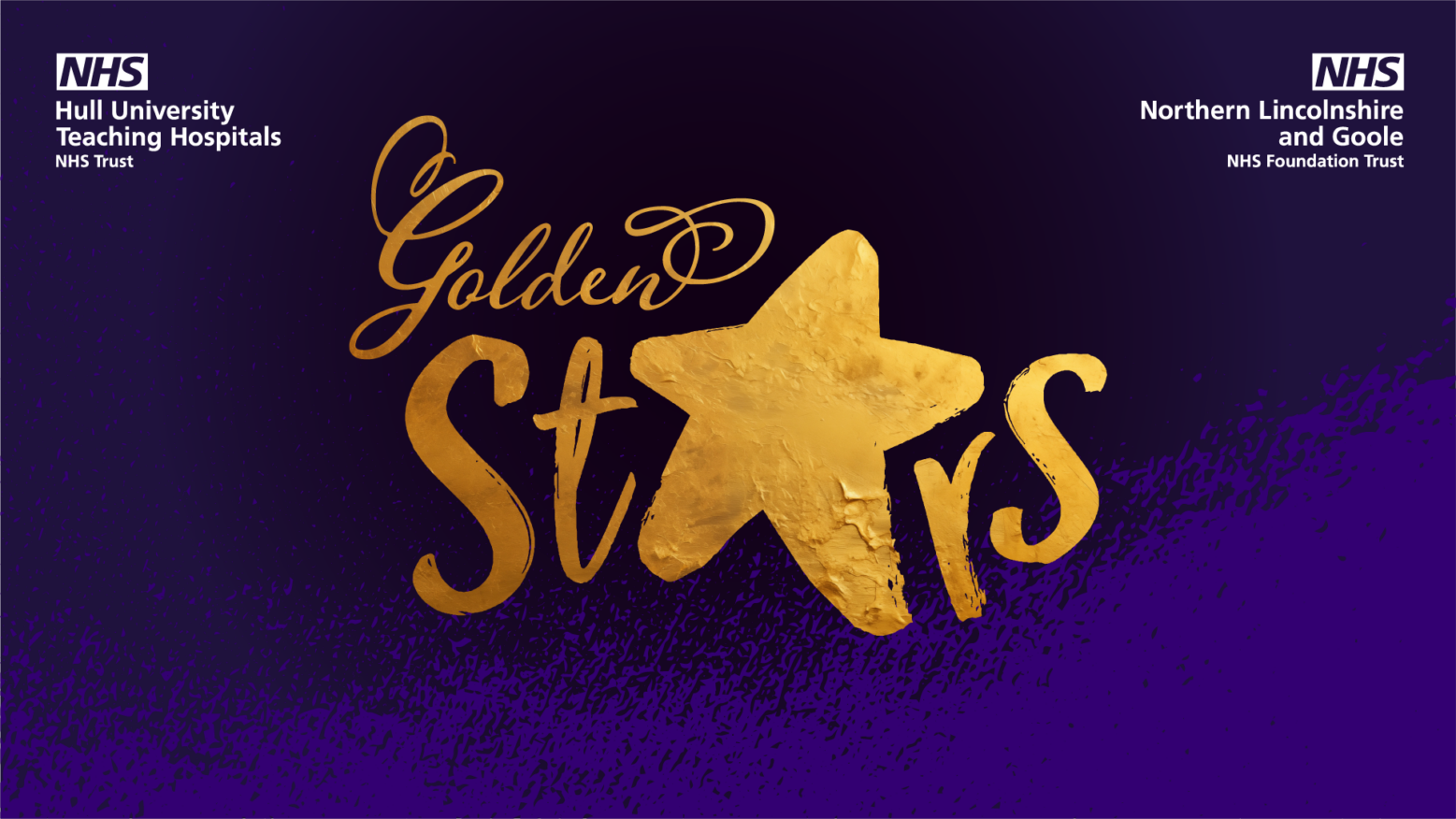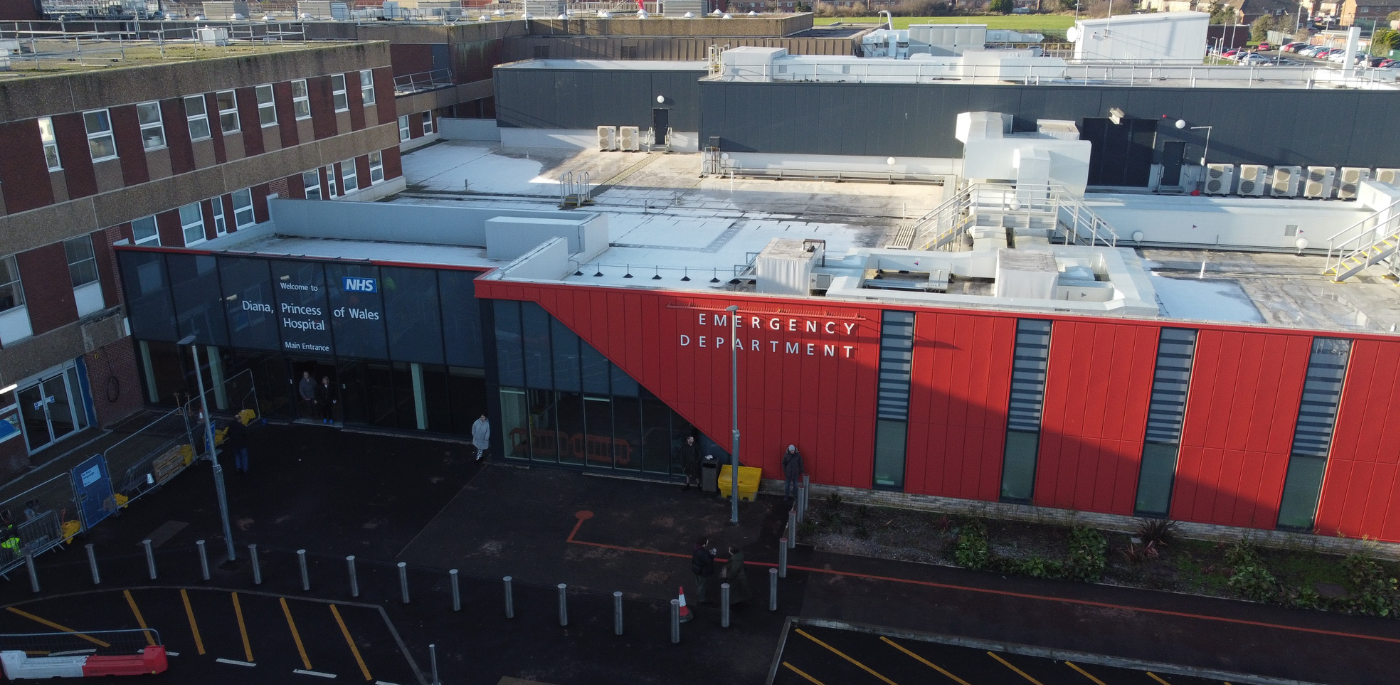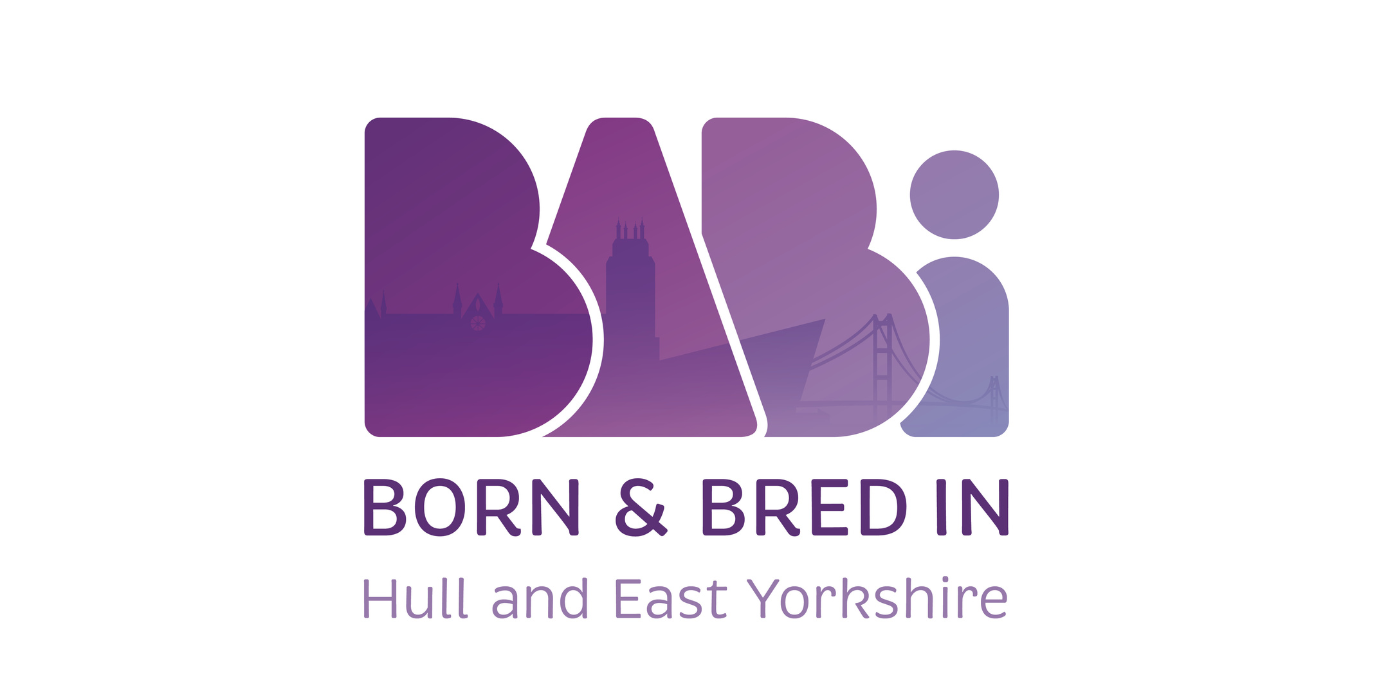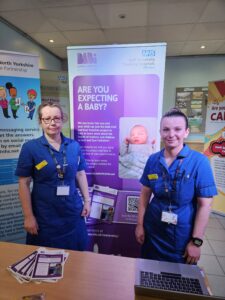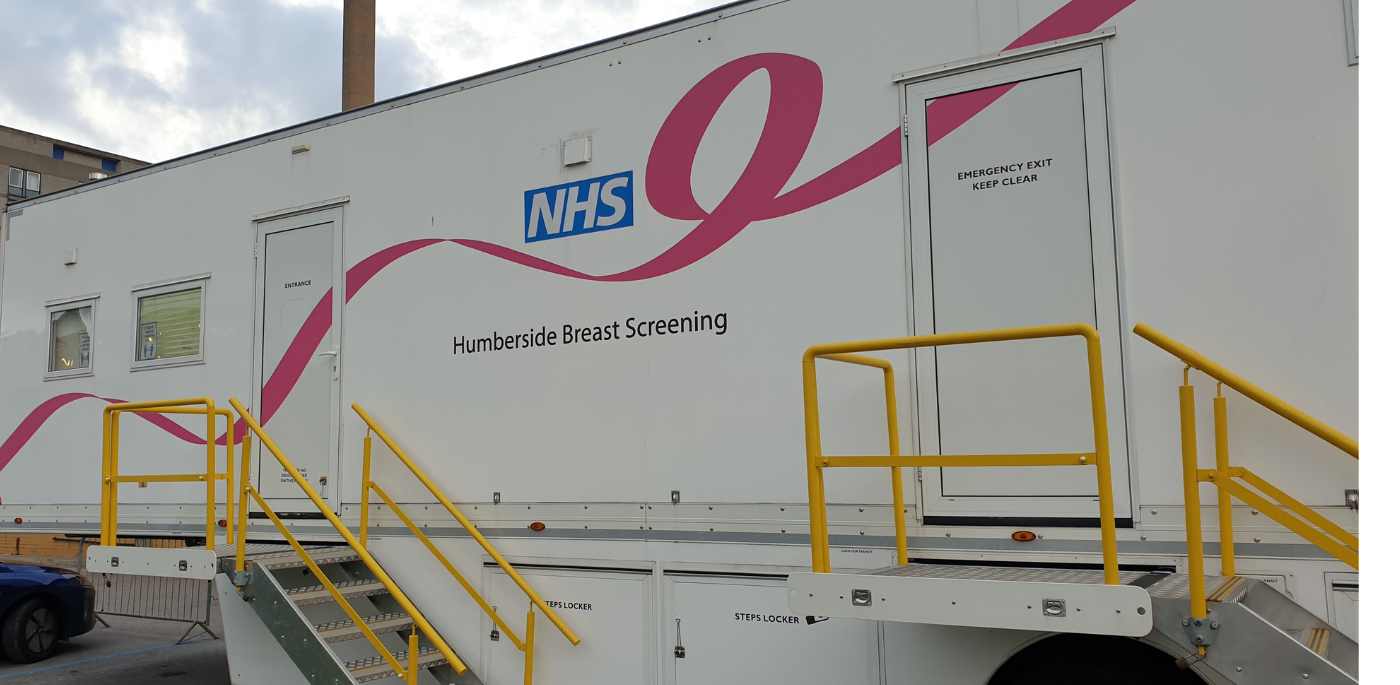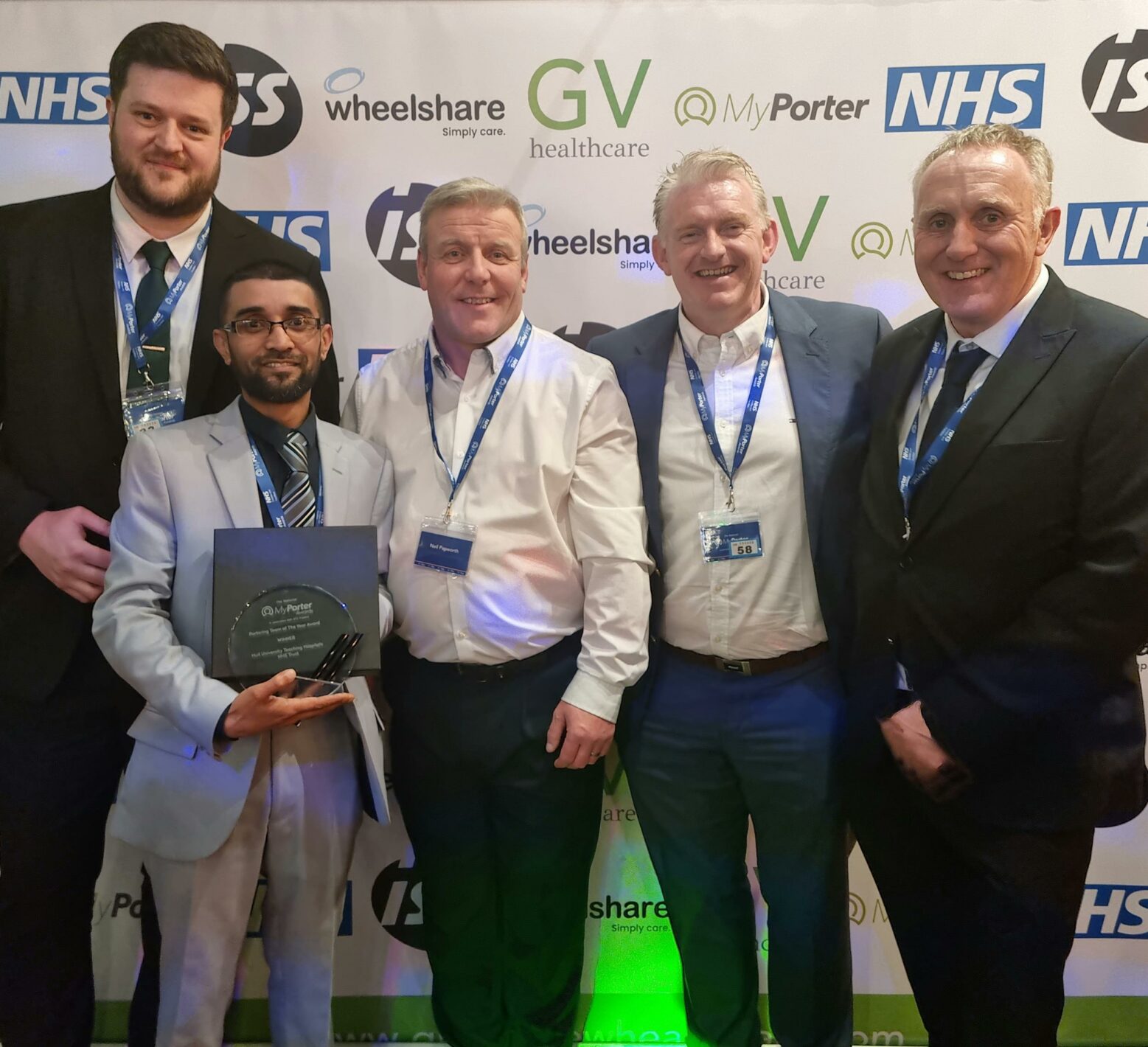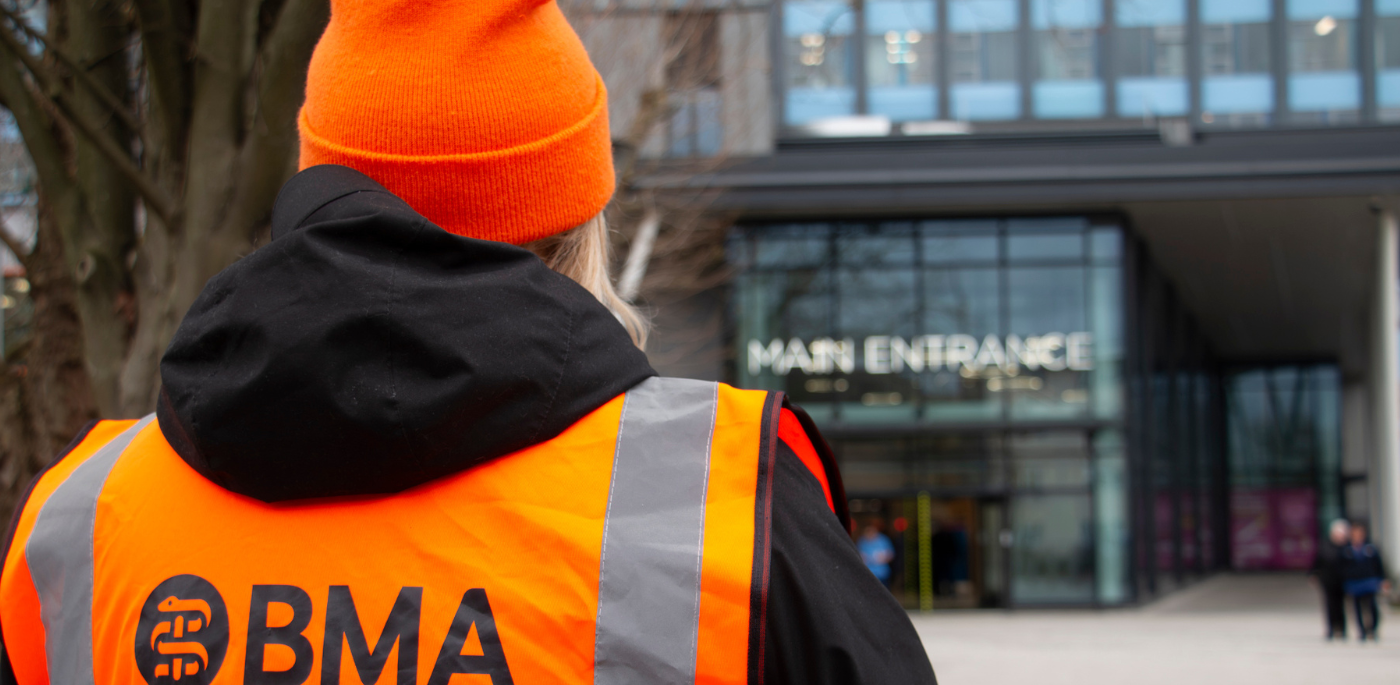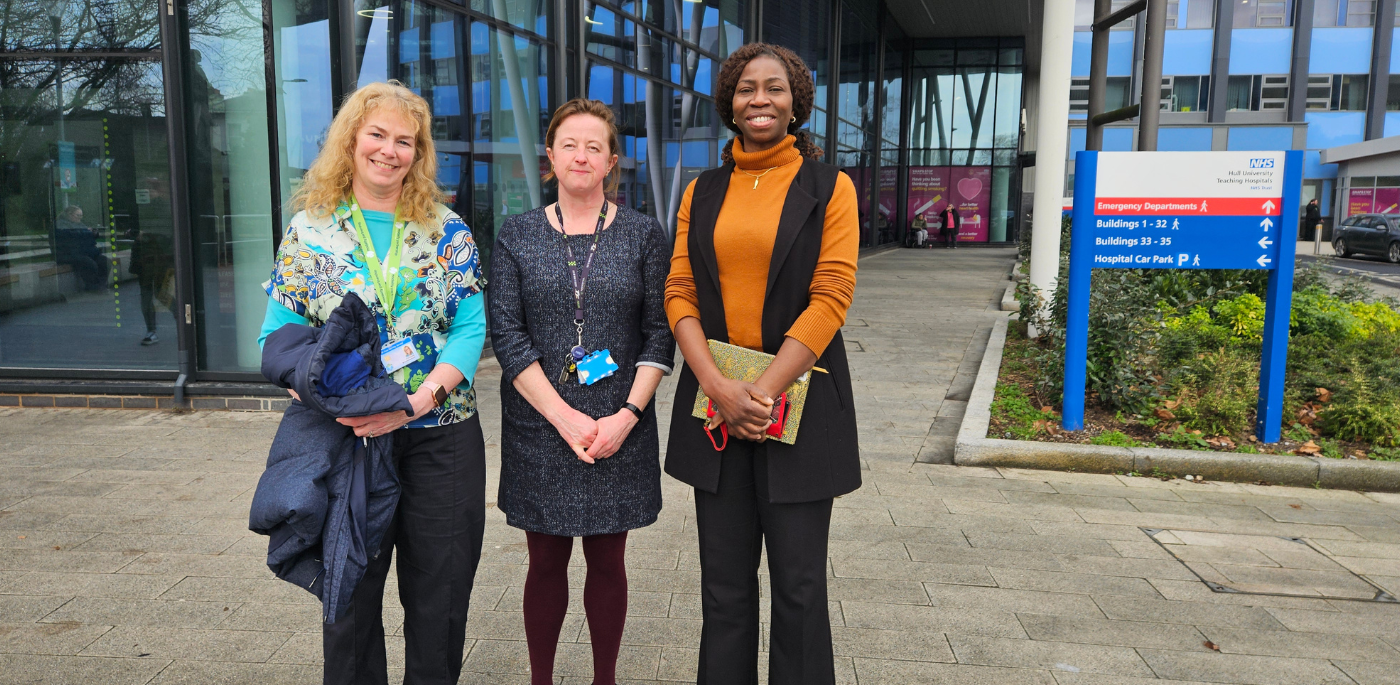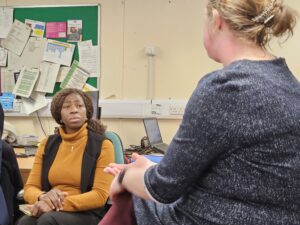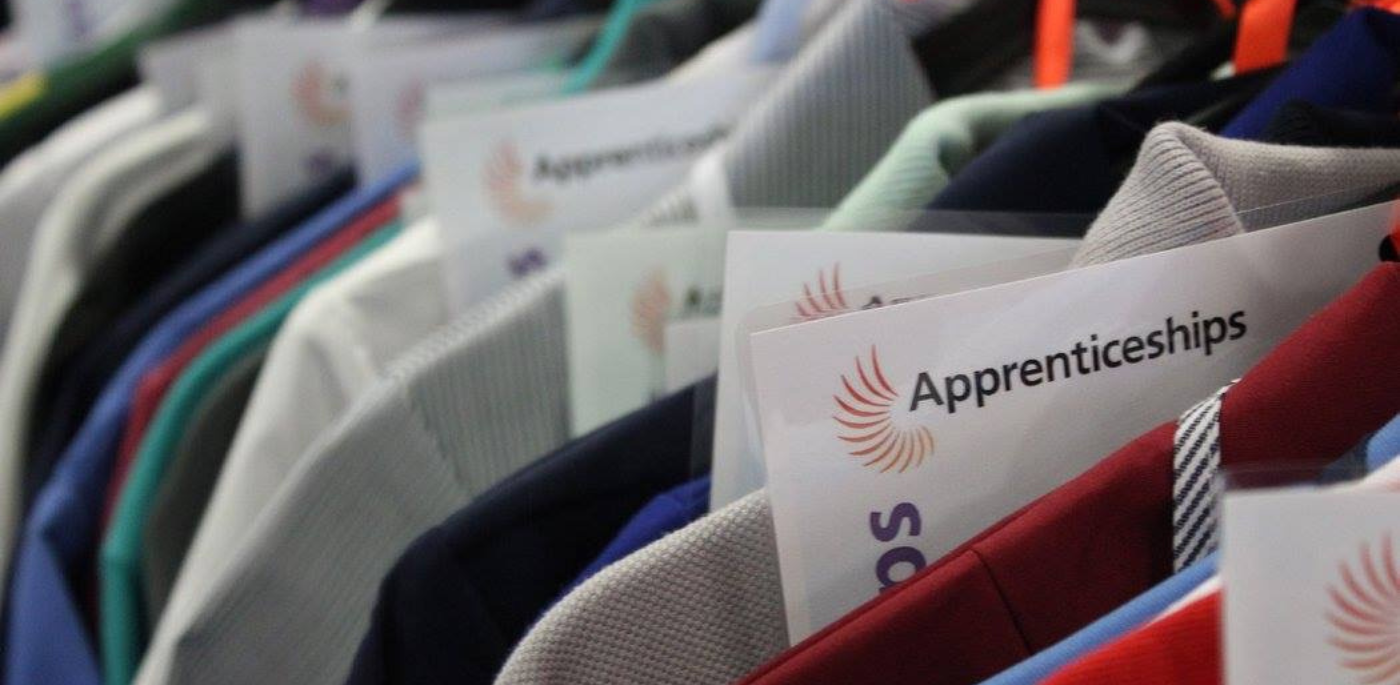Patients and porters at Hull Hospitals are celebrating after taking delivery of 15 specialist wheelchairs.
The new chairs, collectively costing more than £15,000, have been paid for through the hospitals’ WISHH Charity and its generous supporters.
In a change to the usual NHS blue, the chair seats are a distinct shade of lime green, a nod to the charity’s colours, and each has been emblazoned with WISHH branding on the back. The chairs feature a brake, leg rests, drip stand facility and a medical notes holder on the rear, and are a welcome addition to the Trust’s equipment stock, as Graham Taylor, Facilities Services Manager (Logistics) explains:
“With two busy hospitals under our remit, the availability of wheelchairs on site is essential to be able to move patients around quickly and safely, and ensure services continue to run smoothly.
“Across Hull Royal and Castle Hill, our Portering team carries out more than 800 patient transfer jobs each day with the majority of those requiring the use of a wheelchair. We know plenty of other visitors use our chairs independently to help loved ones with mobility difficulties get to their appointments too, so the importance of having chairs available across our sites really can’t be stressed enough.
“The new wheelchairs paid for by WISHH will go a long way to ensuring patients have wheelchair access readily available when they arrive with us, and hopefully help to make their time with us a bit more comfortable and less stressful.”
Lisa Whitton, WISHH Charity Manager says:
“The WISHH Charity is so pleased to have been able to support our hospitals with the provision of wheelchairs. The chairs are very clearly identifiable with their bold colouring and distinct design; it’s a great way for us to be able to improve patient experience and raise awareness of the hospital charity’s work at the same time.
“As both of our hospitals are so very busy, we know the chairs will be well used and much appreciated by staff and visitors to Hull Royal Infirmary and Castle Hill Hospital.
“The donation has been made possible through the generosity of local people, local businesses, and the support they have given to our WISHH fundraising activities in recent times. On behalf of WISHH and Hull Hospitals, I’d like to thank everyone who has donated and helped us deliver what will be a real enhancement to patient care and patient experience.”
Members of the public are welcome to use available wheelchairs around the sites but are asked not to take them away from either hospital. Should any chair be found, please report this to the Portering Helpdesk on 01482 674021 to arrange collection.

